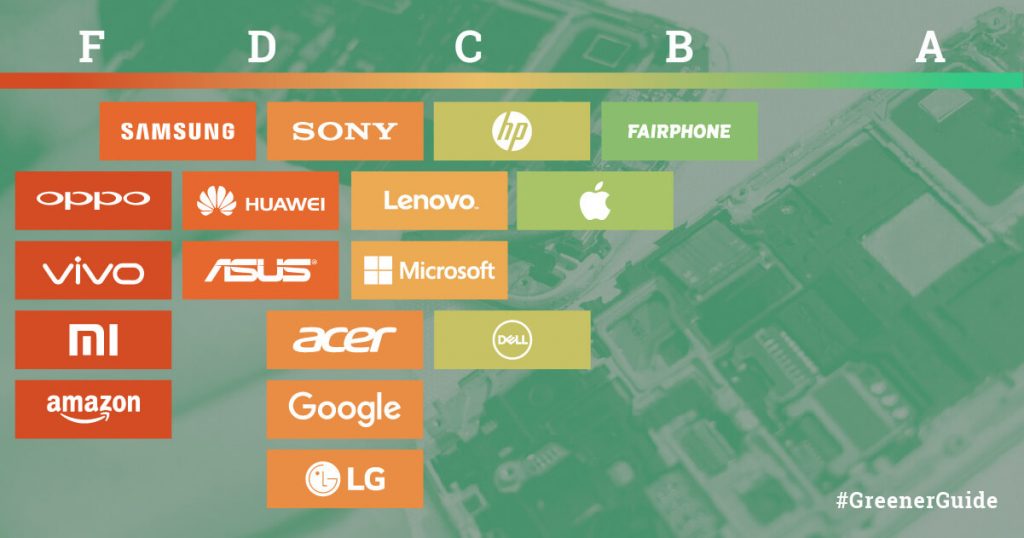I think part of the disconnect here is that you're willing to attribute altruistic motives to Apple, while others (like me) are not willing to do that for Apple, FB, or Google.The thing is that you only look at one side of the argument. Companies reveal their revenue sources in their financial statements and Google/FB are absolutely dependent on the income from sharing data with the advertisers. On the other hand, Apple's income stream is primarily from products and services. A cynic might say that they failed in their advertising business but that is precisely the reason they pivoted to privacy and in that sense it benefits the users as well. You can read about their approach over here. You can request all the data that a company holds and you can compare Apple's data with what Facebook and Google have on you. Spoiler, it is magnitudes less, despite the same GDPR regulations being applied to all companies in Europe.
You can call removing of chargers and earphones as greed but it is part of its target to achieve 100% carbon neutrality by 2030. If you are talking about greed, then think of all the Chinese companies that are following in Apple's footsteps by removing accessories while still being the worst polluters on the planet and exploiting minorities/child labour.
Yep, most companies are greedy capitalists but it comes down to what they offer you and the planet as a whole in return.
Also, Google allows advertisers to access anonymized user data through a black box for user targeting, unless the data is gathered as first-party data (that is, by the advertiser themselves on their site/app through Analytics) - the data owned by Google is not shared directly.
IIUC, Apple is now blocking collection of in-app analytical data by default for trackers from FB, Google, etc., and forcing users to opt-in (instead of opt-out). But, this does not prevent Apple itself from collecting the data that FB or Google may otherwise have collected. This, in turn, boosts their targeting capabilities while simultaneously reducing the effectiveness of other ad networks in reaching the right users for highly targeted campaigns.
Just because they currently collect less data on users than Google, is not indicative of future plans or changes that we may see. As I said, they're far behind in the ad game.
You can call removing of chargers and earphones as greed but it is part of its target to achieve 100% carbon neutrality by 2030. If you are talking about greed, then think of all the Chinese companies that are following in Apple's footsteps by removing accessories while still being the worst polluters on the planet and exploiting minorities/child labour.
We're talking about Apple's greed, how does juxtaposing them with Chinese companies help the discussion? Your point is not clear to me here, apologies if I'm missing something.
This would 100% not happen if it didn't help the bottom line, or at least the degree would be greatly lessened.
As msakandi said above, a far higher driver of e-waste (than chargers and accessories) is Apple's move to unrepairable devices and planned obsolescence, but that continues because it boosts profits. In the end, all of these companies are legally obliged to increase stakeholder value.
Edited to add: Moves towards improving non-core aspects of production, such as decreasing carbon footprint, eliminating human rights abuse in the supply chain, reduction of waste, etc. are only made by most companies when they judge that the cost of negative public sentiment outweighs the cost or revenue impact of such moves. No exception to this comes to mind currently, but I'm sure there are a couple. If anyone knows any, please let me know.
Last edited:






